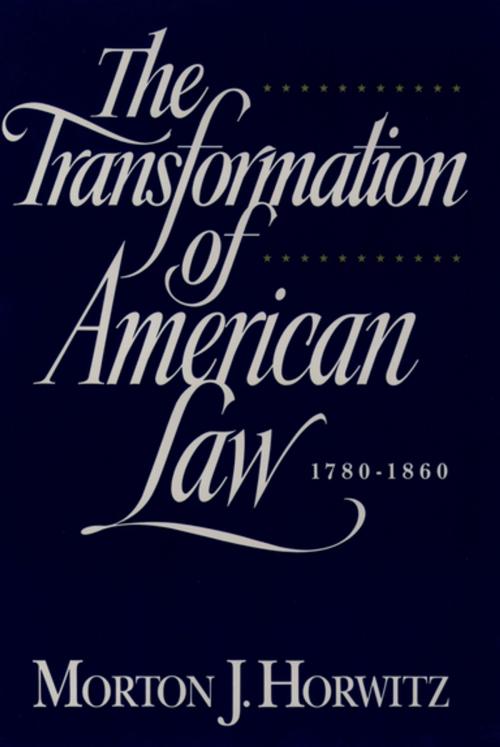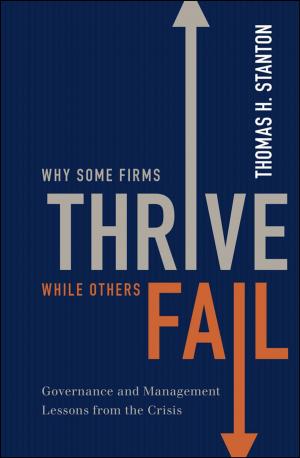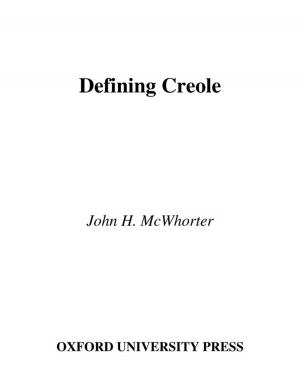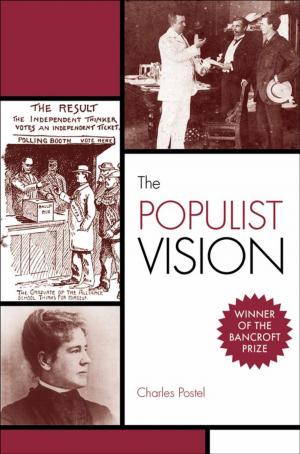The Transformation of American Law, 1870-1960
The Crisis of Legal Orthodoxy
Nonfiction, Reference & Language, Law, Legal History, History, Americas, United States| Author: | Morton J. Horwitz | ISBN: | 9780190282424 |
| Publisher: | Oxford University Press | Publication: | December 15, 1994 |
| Imprint: | Oxford University Press | Language: | English |
| Author: | Morton J. Horwitz |
| ISBN: | 9780190282424 |
| Publisher: | Oxford University Press |
| Publication: | December 15, 1994 |
| Imprint: | Oxford University Press |
| Language: | English |
When the first volume of Morton Horwitz's monumental history of American law appeared in 1977, it was universally acclaimed as one of the most significant works ever published in American legal history. The New Republic called it an "extremely valuable book." Library Journal praised it as "brilliant" and "convincing." And Eric Foner, in The New York Review of Books, wrote that "the issues it raises are indispensable for understanding nineteenth-century America." It won the coveted Bancroft Prize in American History and has since become the standard source on American law for the period between 1780 and 1860. Now, Horwitz presents The Transformation of American Law, 1870 to 1960, the long-awaited sequel that brings his sweeping history to completion. In his pathbreaking first volume, Horwitz showed how economic conflicts helped transform law in antebellum America. Here, Horwitz picks up where he left off, tracing the struggle in American law between the entrenched legal orthodoxy and the Progressive movement, which arose in response to ever-increasing social and economic inequality. Horwitz introduces us to the people and events that fueled this contest between the Old Order and the New. We sit in on Lochner v. New York in 1905--where the new thinkers sought to undermine orthodox claims for the autonomy of law--and watch as Progressive thought first crystallized. We meet Oliver Wendell Holmes, Jr. and recognize the influence of his incisive ideas on the transformation of law in America. We witness the culmination of the Progressive challenge to orthodoxy with the emergence of Legal Realism in the 1920s and '30s, a movement closely allied with other intellectual trends of the day. And as postwar events unfold--the rise of totalitarianism abroad, the McCarthyism rampant in our own country, the astonishingly hostile academic reaction to Brown v. Board of Education--we come to understand that, rather than self-destructing as some historians have asserted, the Progressive movement was alive and well and forming the roots of the legal debates that still confront us today. The Progressive legacy that this volume brings to life is an enduring one, one which continues to speak to us eloquently across nearly a century of American life. In telling its story, Horwitz strikes a balance between a traditional interpretation of history on the one hand, and an approach informed by the latest historical theory on the other. Indeed, Horwitz's rich view of American history--as seen from a variety of perspectives--is undertaken in the same spirit as the Progressive attacks on an orthodoxy that believed law an objective, neutral entity. The Transformation of American Law is a book certain to revise past thinking on the origins and evolution of law in our country. For anyone hoping to understand the structure of American law--or of America itself--this volume is indispensable.
When the first volume of Morton Horwitz's monumental history of American law appeared in 1977, it was universally acclaimed as one of the most significant works ever published in American legal history. The New Republic called it an "extremely valuable book." Library Journal praised it as "brilliant" and "convincing." And Eric Foner, in The New York Review of Books, wrote that "the issues it raises are indispensable for understanding nineteenth-century America." It won the coveted Bancroft Prize in American History and has since become the standard source on American law for the period between 1780 and 1860. Now, Horwitz presents The Transformation of American Law, 1870 to 1960, the long-awaited sequel that brings his sweeping history to completion. In his pathbreaking first volume, Horwitz showed how economic conflicts helped transform law in antebellum America. Here, Horwitz picks up where he left off, tracing the struggle in American law between the entrenched legal orthodoxy and the Progressive movement, which arose in response to ever-increasing social and economic inequality. Horwitz introduces us to the people and events that fueled this contest between the Old Order and the New. We sit in on Lochner v. New York in 1905--where the new thinkers sought to undermine orthodox claims for the autonomy of law--and watch as Progressive thought first crystallized. We meet Oliver Wendell Holmes, Jr. and recognize the influence of his incisive ideas on the transformation of law in America. We witness the culmination of the Progressive challenge to orthodoxy with the emergence of Legal Realism in the 1920s and '30s, a movement closely allied with other intellectual trends of the day. And as postwar events unfold--the rise of totalitarianism abroad, the McCarthyism rampant in our own country, the astonishingly hostile academic reaction to Brown v. Board of Education--we come to understand that, rather than self-destructing as some historians have asserted, the Progressive movement was alive and well and forming the roots of the legal debates that still confront us today. The Progressive legacy that this volume brings to life is an enduring one, one which continues to speak to us eloquently across nearly a century of American life. In telling its story, Horwitz strikes a balance between a traditional interpretation of history on the one hand, and an approach informed by the latest historical theory on the other. Indeed, Horwitz's rich view of American history--as seen from a variety of perspectives--is undertaken in the same spirit as the Progressive attacks on an orthodoxy that believed law an objective, neutral entity. The Transformation of American Law is a book certain to revise past thinking on the origins and evolution of law in our country. For anyone hoping to understand the structure of American law--or of America itself--this volume is indispensable.















